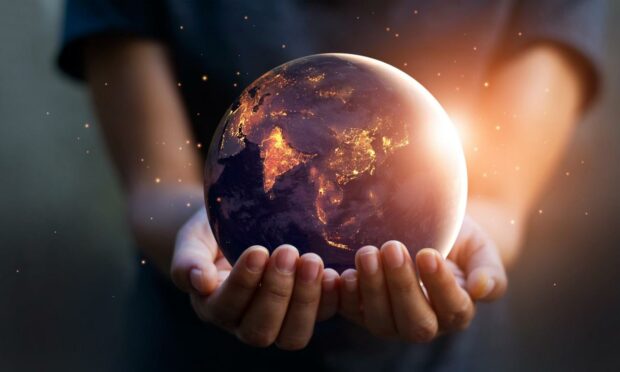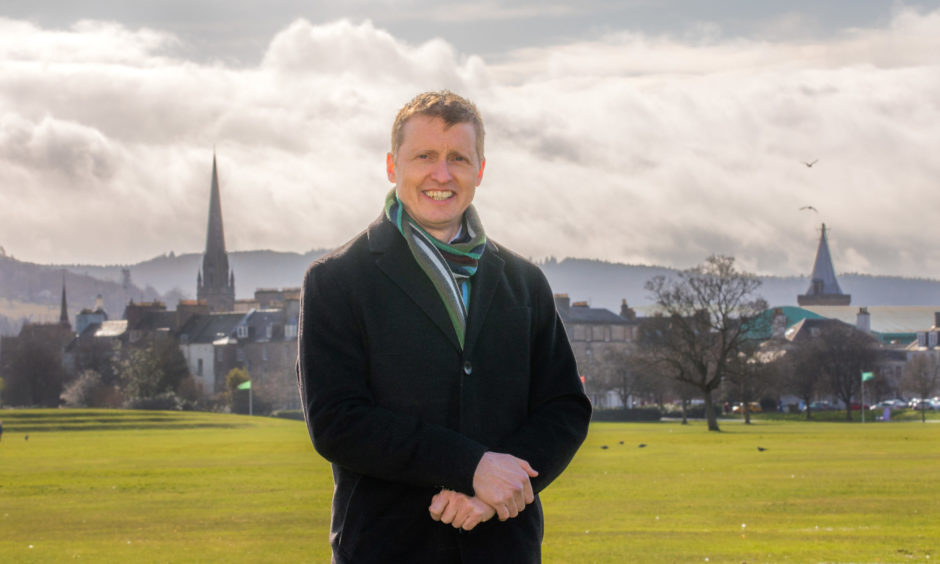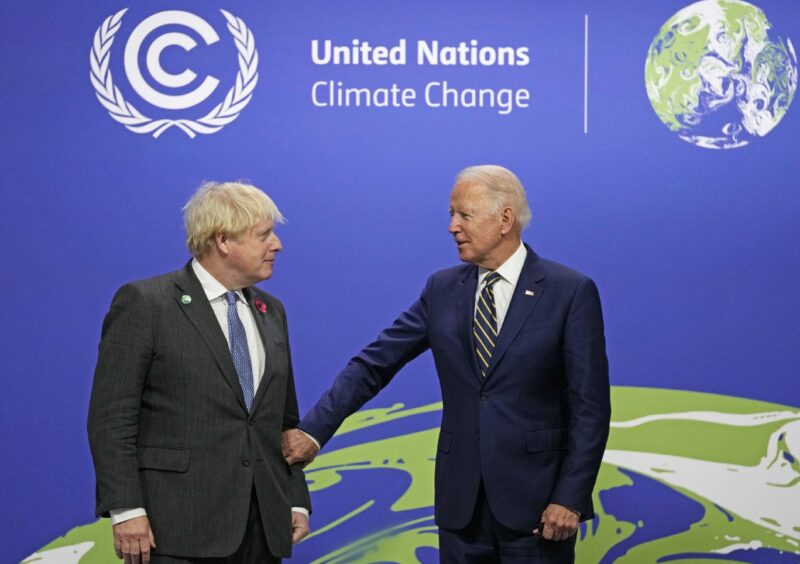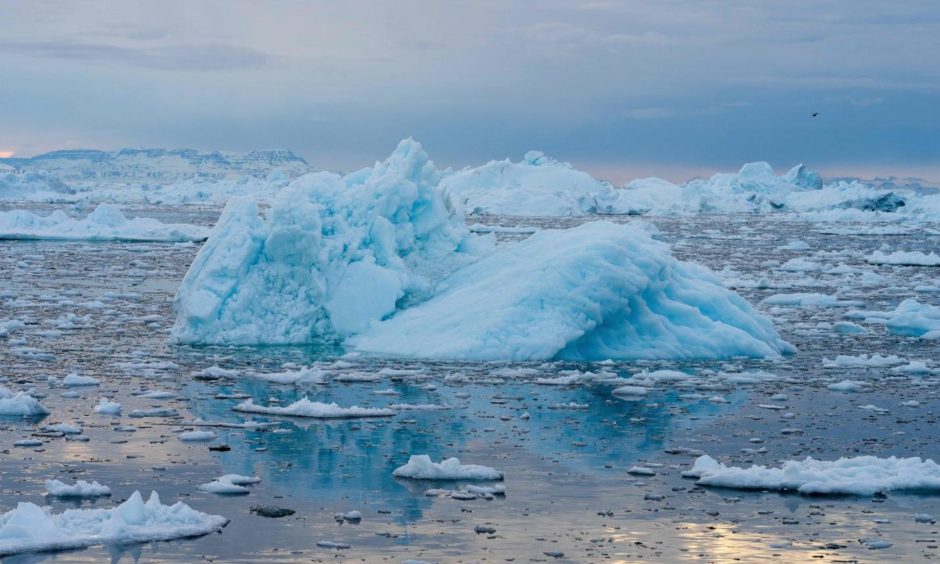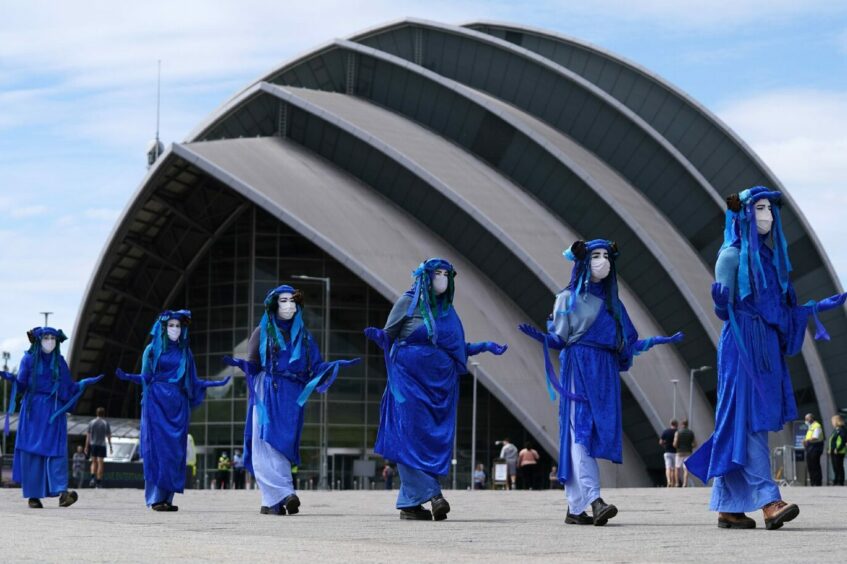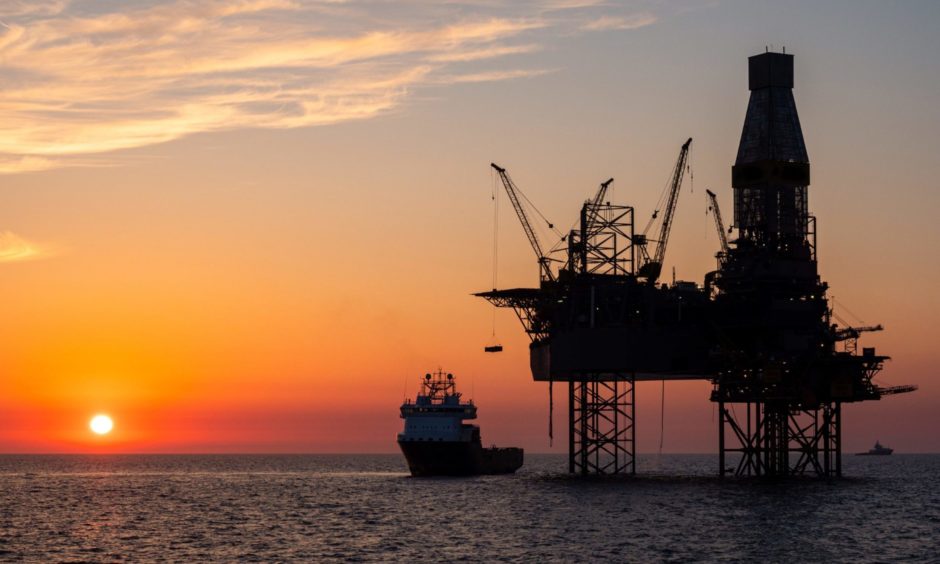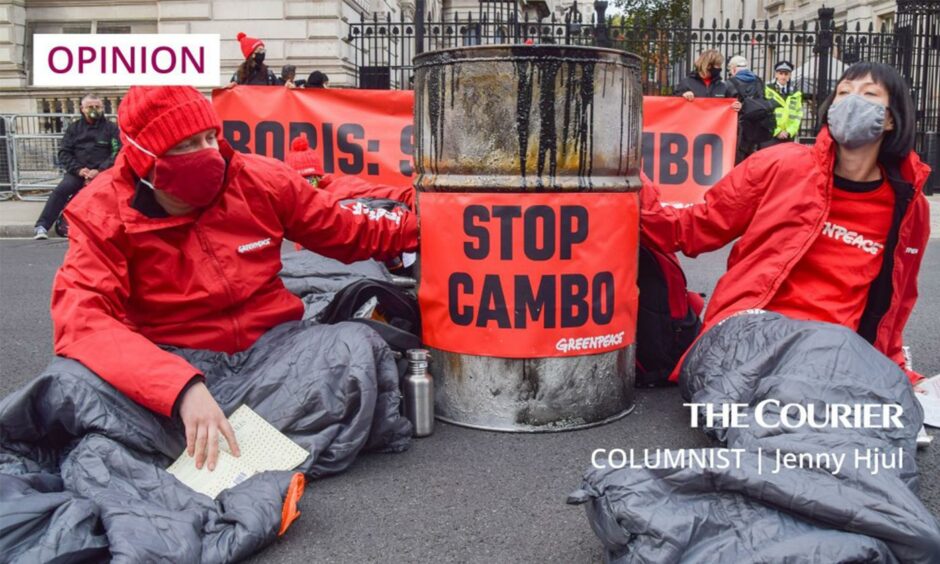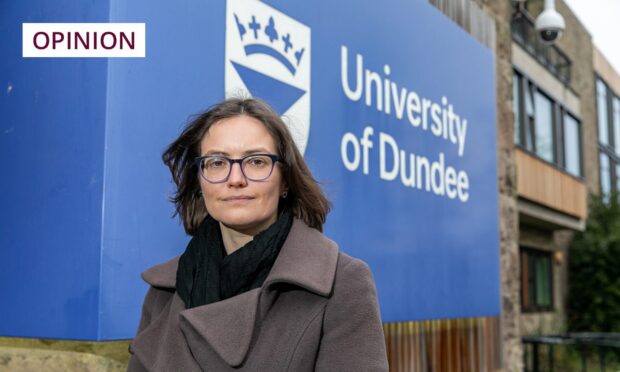With international commitments setting us on track for at least 2.4°C of warming, it’s difficult not to be disappointed with the outcome of the Glasgow COP26.
But then, I have been disappointed by the outcome of every one of the previous 25 climate COPs too, so this may say more about expectations and the challenge of global diplomacy and negotiation than anything.
Glasgow was another step on the long journey towards net zero and beyond.
It was an improvement on Paris, but, apart from some slightly rushed announcements about coal, methane and deforestation, it wasn’t the size of step we wanted and needed to see.
To be fair, there were so many different interest groups demanding so many different outcomes, it was never going to be able to appease all of them.
The UN COP is ultimately a political negotiation between the world’s nation states about what to do about climate change.
Keeping perspective
Arguments abound. What needs to happen? When exactly do we need to stop using coal and oil? Who needs to do most?
Why should poorer nations have to solve it when richer nations caused it?
Should ‘fairness’ be based on historical emissions or current emissions?
Who is going to pay for protecting those countries most threatened (funding a low-carbon transition and financing adaptation)?
And should there be compensation to those states most affected by its impacts (so-called ‘loss and damage’)?
Whilst disappointment is understandable, it is also important to keep some perspective about what COP is even there to do.
Global politics
It is a global political negotiation, so with 200 nations having to agree, compromise was always guaranteed.
Glasgow COP26 was never going to produce a single global commitment which we could all rely on to stop climate change.
Assuming this were even possible, very few would have believed it and it would still have relied on the political will of nation states to actually deliver it.
There was a lot of media about India particularly reneging on wording, but the West has still failed to produce the funding it promised at COP16 in Cancun back in 2010: $100bn per year by 2020.
It had reached around $79bn by the end of 2018, but the figure was always deemed a minimum, not a maximum, and there is still much to be found.
As with all governments, there is a hope that this is partly funded by the private sector, and all the detailed proposals for transition rely on major leverage of private finance.
This, and sponsoring the costs of the COP in the first place, is why the UN accepts so many corporates in attendance, but it immediately leads to concerns over undue influence.
Many of the world’s richest companies, after all, tend to be those involved in fossil fuel extraction or use.
Well versed
After 26 years though, I think it is safe to say that our ‘leaders’ in most part understand the severity of this issue.
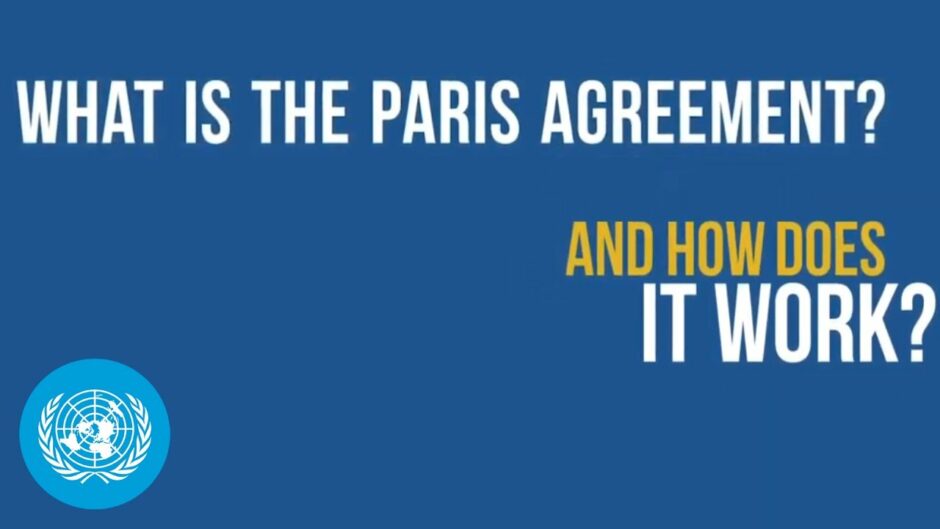
They have been told at least 26 times about the likely impacts.
They know that climate change will increase forced migration and potentially destabilise large parts of the globe.
And they know that their own countries might well struggle for fresh water, for food, for resources, or be ravaged by flooding, fires, rising sea levels or storm damage.
They have met many of the people who are already experiencing some of these impacts.
They have also been told that we should do everything in our power to limit the risk of further climate change by limiting warming to 1.5°C.
Critical questions
So, the critical questions are – why aren’t they doing more, and what needs to happen for this to change? Why aren’t they doing more?
The UN COP can only set high-level intentions; it falls to each country to enact them, and the UN has no authority to enforce them, so the whole thing relies on voluntary agreement.
The UN hopes that, by applying pressure from the international community generally, the more reluctant countries will begin to respond. Australia, for instance, one of the least willing nations over climate change, brought forward a last-minute net zero pledge without any real plan or will to deliver it, because it was worried about being left behind by the rest of the developed world and wanted to avert criticism from its allies.
But this lack of real ‘teeth’ means that negotiations at the UN often proceed at the rate of the slowest member.
The fact that it has taken this long to finally identify coal and fossil fuels as culprits is evidence of this.
At least having now done so, I suspect the financial world will not take so long to respond.
There is a plethora of reasons. Not all countries care, and not all leaders care.
They aren’t all run by reasonable people. Some are more concerned with their own purposes, with short-term economics and current jobs, with Covid, and, in the case of oil, gas and coal-rich countries, with economic survival or self-survival and fear of the threat of change.
Inconsistencies
Inconsistencies in leadership also leave too much room for compromise.
With the UK Government as Chair, it was distracted by Covid and Brexit, and did not work as hard as, for example, the French did to seek agreements ahead of Paris.
And they sent some very contradictory signals to the global community in the run-up to Glasgow, cutting the Overseas Development Aid budget and removing tax on domestic aviation, making it less credible to stand up and ask other nations to do differently.
What needs to happen for this to change?
There is understandable anger and disappointment around the outcome of COP26, by many who have followed its progress, as people are genuinely fearful.
But I sense the wider public grow weary of ever more dystopian forecasts, and unless emitting greenhouse gases begins to cost money and alter allegiances, or reduces trade and opportunity, it is too easy for others to ignore this critical global issue and focus instead on short-term or selfish ends.
We need to direct our frustration at the countries that are dragging their heels, and build new alliances with those that are at the forefront of this transformation.
Focus on solutions
We need to focus on solutions and find ways to accelerate decision making.
COP26 recognised this by asking countries to bring better commitments forward next year, and not, as planned, wait another five years to do so.
We need to get agreement on some of the easier solutions, like cement, outwith the COP process, to leave more time to focus on key issues.
We need to look to leaders in every sphere of society to show the necessary leadership, not just in politics.
But to do this we need to stop blaming each other and start collaborating more than ever, because most of all we need to bring people together around this issue, to win the majority over to the changes we all need, and to demand that change, so our politicians have the political space (or are forced) to act.
Because only then will a COP be able to secure the commitments we all want and need.
*Mike Robinson is chief executive of the Perth-based Royal Scottish Geographical Society
